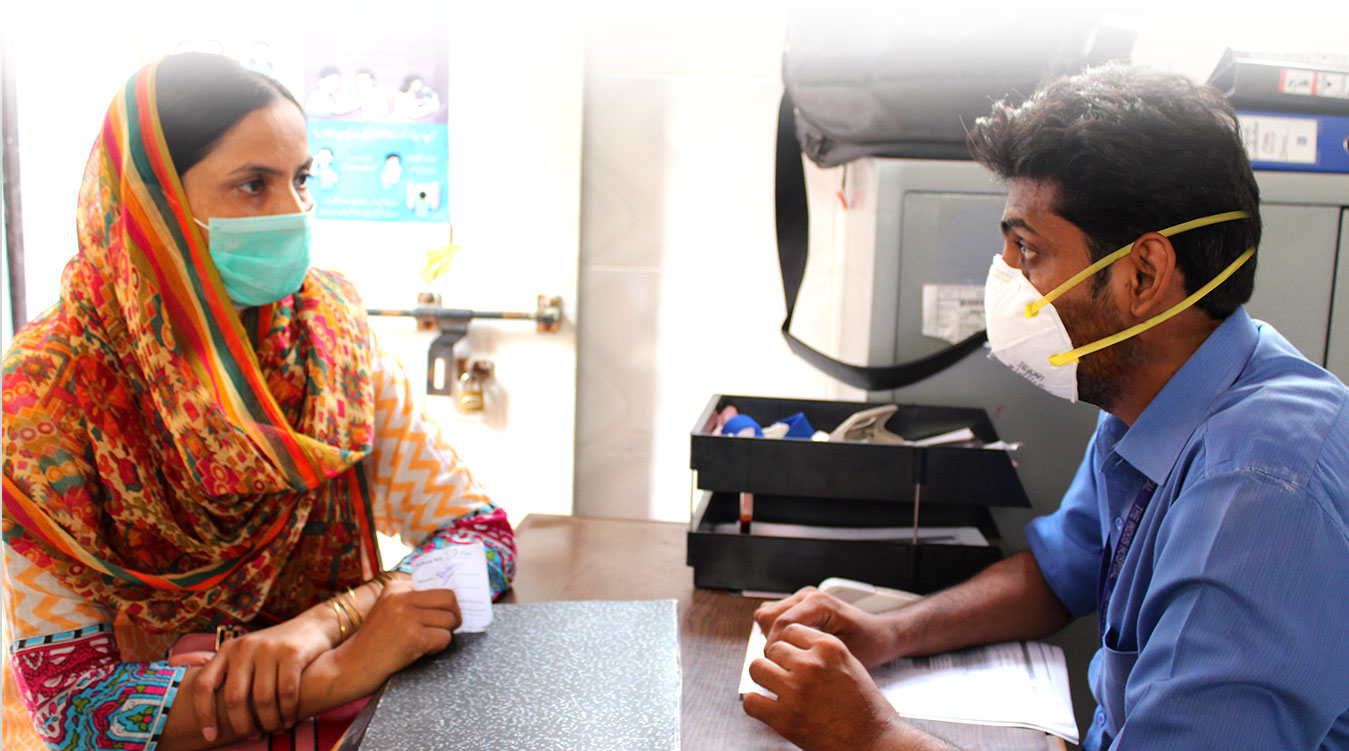
1
2
3
4
5
6
7
8
9
10
While cost can be a major consideration for policy makers and program implementers, evidence suggests – incorporating integrated mental health services has showcased significant improvement in treatment completion.2
With limited information available regarding the cost of mental health support in low-resource settings, it is necessary to bridge the knowledge gap to make sound recommendations for policy change.
As part of a study funded by Harvard Medical School- Center for Global Health Delivery (Dubai), IRD’s mental health team, ‘Pursukoon Zindagi’ (Peaceful Life) developed integrated practice units (IPUs) within existing TB facilities.
Time-Driven Activity-Based Costing (TDABC) methodology was used in determining the cost of integration across three facilities for different provider settings, and the marginal cost of integrating mental health services within the TB care cycle.
With the development of detailed process maps, the cycle of care was broken down into discrete activities.
Data for time taken per activity, placement of resources, direct and indirect costs was collated and analyzed to derive a per minute cost for treatment of patients, further used to calculate the total cost per patient.
The flexibility of methodology within the study allowed the team to assess the marginal cost of integration – providing valuable information at scale to policy makers, implementers and public health practitioners.
Results of the costing exercise at 3 facilities suggests that access to mental health services through the IPU model costs <USD 5 per patient and adds 1.7-2.5 hours to a TB patient’s process time over the course of their treatment.
The IPU model provides a blueprint for integration, a cost effective and suitable solution for a myriad of low resource settings.
Given the current level of global investment in TB, as well as the established advantages for the provision of mental health services to TB patients, the study has helped in making a persuasive case for policy change and mental health integration.
References:
[1] Pachi A, Bratis D, Moussas G, Tselebis A. Psychiatric morbidity and other factors affecting treatment adherence in pulmonary tuberculosis patients. Tuberculosis research and treatment. 2013 Apr 15;2013.
[2] Pasha A, Siddiqui H, Ali S, Brooks MB, Maqbool NR, Khan AJ. Impact of integrating mental health services within existing tuberculosis treatment facilities. Medicine Access@ Point of Care. 2021.
